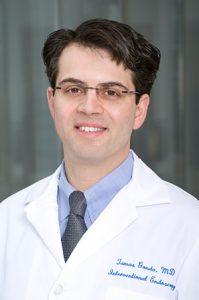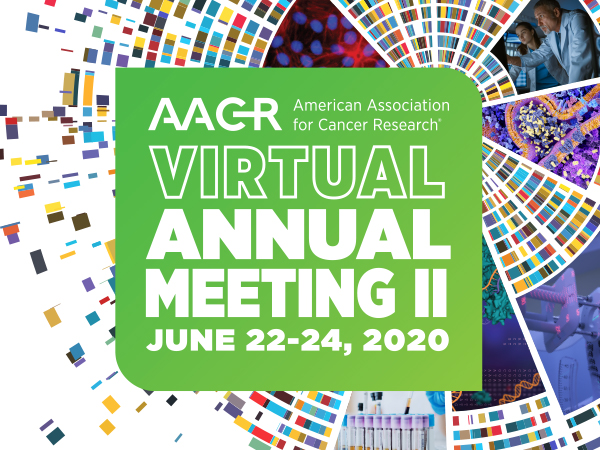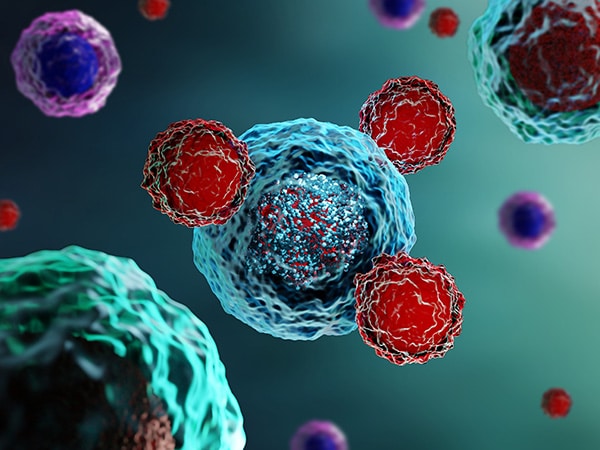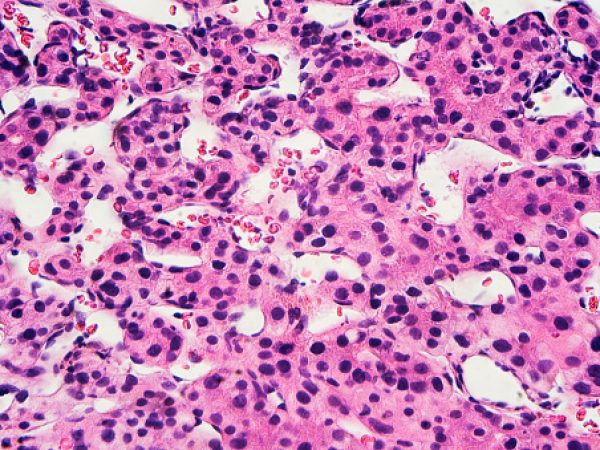An Ounce of Prevention: Researching New Ways to Circumvent the Development of Gastric Cancer
Benjamin Franklin once famously said, “An ounce of prevention is worth a pound of cure.” It is well-known that changes in lifestyle, including diet and exercise habits, can lower your cancer risk. Yet while there has been much attention surrounding cancer prevention, including in several posts on this blog, much remains unknown, especially regarding how best to implement solutions to prevent disease. Scientists continue to study the mechanisms governing cancer development, often with the hope that understanding how cancer arises can lead to the discovery of new approaches to prevent disease onset.
One such clinician-scientist is Tamas Gonda, MD, an assistant professor in the Department of Medicine at Columbia University Medical Center. Gonda specializes in gastroenterology, with a clinical practice focused on endoscopic diagnosis and treatment of several malignancies. “It is a unique field because on a daily basis I diagnose conditions that carry a significant risk of cancer,” says Gonda. “It is rewarding to have the opportunity to be the person who occasionally can remove precancerous growths, but it is very frustrating and challenging to face the inevitable question that follows these interventions: how do I prevent these precancerous lesions from developing again?”
To complement his clinical practice, Gonda also heads a research program centered on this very question, and in 2014, he was awarded the Landon Foundation-AACR INNOVATOR Award for Cancer Prevention Research, a research grant funded through the AACR’s long-standing partnership with the Kirk A. and Dorothy P. Landon Foundation*, to fund this work. His project examines how epigenetic changes (stable, long-term alterations to DNA that do not involve a change in the actual nucleotide sequence) can impact the tumor microenvironment, with a particular focus on gastric cancer.
“The eradication of Helicobacter pylori infection (a microbe commonly found in the upper gastrointestinal tract) has had an enormous impact on the prevention of cancer,” remarks Gonda. “Interestingly, it has not wiped out the disease to the degree that some may have expected. My research is focused on understanding other, equally nontoxic interventions and their role in the prevention of precancerous lesions or the reversal of progression toward gastric cancer.” One of the ultimate goals of this work, Gonda says, is to discover whether easily available, nontoxic medications or supplements can be effective in preventing the development of gastric cancer, providing patients at risk a feasible approach to aid in preventing the onset of this disease.
Importantly, Gonda points out that while his project is primarily concerned with epigenetic changes that can be targeted to prevent gastric cancer, this research is likely to have even broader implications, potentially stimulating this kind of work in other cancers as well. “Epigenetics is the perfect field for prevention as these changes are so often impacted by the environment, and despite being stable and heritable, are reversible.”
Gonda is grateful for the funding provided by the Landon Foundation-AACR INNOVATOR Award, considering it an important resource that has allowed him to define his research program toward chemoprevention. “As a young investigator, funding is probably the greatest challenge – and despite the public health importance of chemoprevention, this area remains harder to secure funding than in many other areas of cancer research,” he says.
Indeed, he feels that the role of chemoprevention is difficult to overemphasize. “Successful prevention strategies almost certainly will have a greater impact on cancer mortality and certainly incidence than any treatment might,” Gonda asserts.
However, the critical importance of prevention must be reflected in the funding climate for this field. “Given the incredible advances made in the treatment of many cancers, it is reasonable to hope that with increased funding focused on prevention, many of these discoveries will lead to strategies that can be employed in cancer prevention,” he says.
*The AACR fondly remembers R. Kirk Landon, the president of the Kirk A. and Dorothy P. Landon Foundation, who passed away March 24, 2015. Over the past 13 years, the Kirk A. and Dorothy P. Landon Foundation has provided a total of $5.1 million in funding to cancer research through the AACR. This research funding provided by the Landon Foundation was intended to heighten the attention of scientists and members of the general public to landmark scientific achievements in the continuing effort to prevent and cure cancer, and to stimulate the development of new thinking and novel concepts in both basic and translational research. We are deeply indebted to Kirk and the Foundation for this immense generosity, and we send our heartfelt condolences to the Landon family during this difficult time.





a very good one, enjoyed it
Love the article..very informative indeed thanks.
I know of a friend with Gastric Cancer complications and the above information is very helpful.